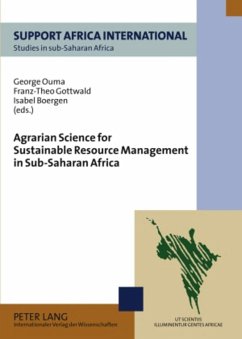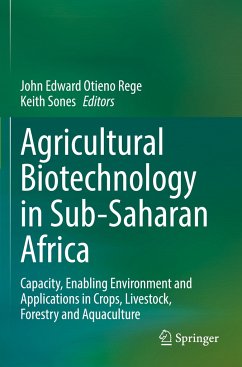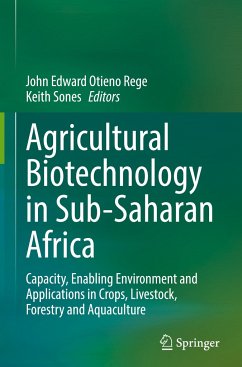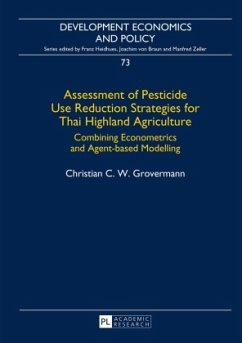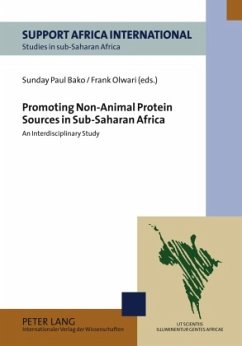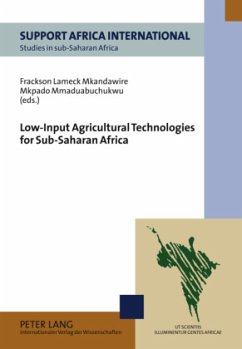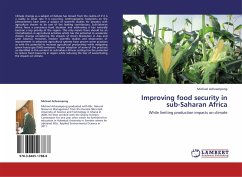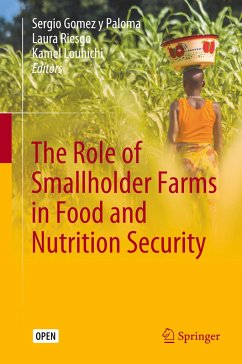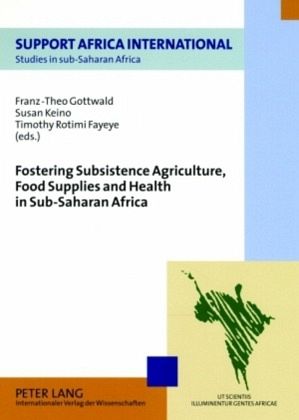
Fostering Subsistence Agriculture, Food Supplies and Health in Sub-Saharan Africa
Versandkostenfrei!
Versandfertig in 6-10 Tagen
73,25 €
inkl. MwSt.

PAYBACK Punkte
0 °P sammeln!
The need in increasing food production to meet the food and nutritional demands of the ever growing population has necessitated this attempt to unveil the strategies of fostering subsistence agriculture in sub-Saharan Africa. To achieve this, the concept of subsistence agriculture, its place in a national economy and impact on poverty and health prevention, the various models and strategies were examined. Its intensity and dimensions are revealed in the role it plays not only in providing food with nutritional value, immediately available to the rural people, but also in creating the basis and...
The need in increasing food production to meet the food and nutritional demands of the ever growing population has necessitated this attempt to unveil the strategies of fostering subsistence agriculture in sub-Saharan Africa. To achieve this, the concept of subsistence agriculture, its place in a national economy and impact on poverty and health prevention, the various models and strategies were examined. Its intensity and dimensions are revealed in the role it plays not only in providing food with nutritional value, immediately available to the rural people, but also in creating the basis and formation stages for commercial agriculture. The farmers, governments, extensions, and other instruments involved in subsistence agriculture are the focal point of change.



